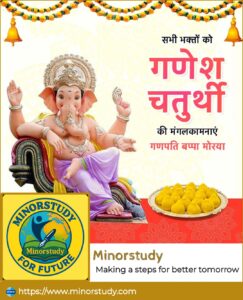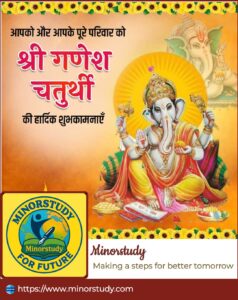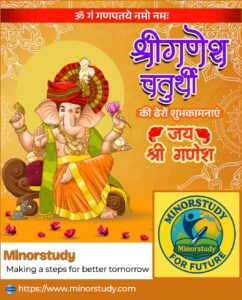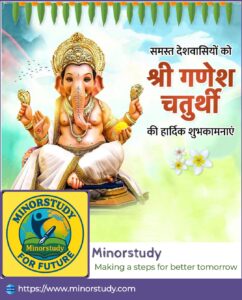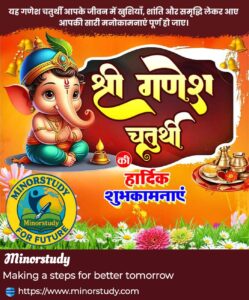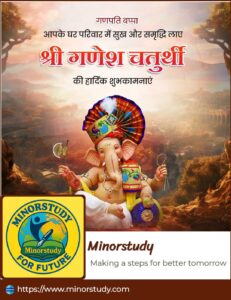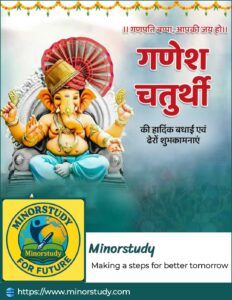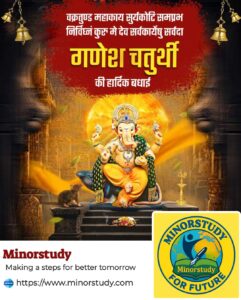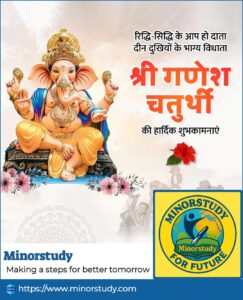Ganesh Chaturthi: A Complete Guide to Celebration, History, and Significance
Ganesh Chaturthi, also known as Vinayaka Chaturthi, is one of the most cherished Hindu festivals celebrated across India. This festival honors Lord Ganesha, the elephant-headed god of wisdom, prosperity, and good fortune. With vibrant processions, beautifully decorated idols, and a sense of community devotion, Ganesh Chaturthi is more than a religious event—it’s a celebration of life, positivity, and new beginnings.
- History of Ganesh Chaturthi
- Significance of Ganesh Chaturthi
- Timeline and Rituals of Ganesh Chaturthi
- Interesting Facts About Ganesh Chaturthi
- FAQs About Ganesh Chaturthi
- Ganesh Chaturthi and Its Impact on Daily Life
- How to Enjoy Ganesh Chaturthi on a Budget
- Wishing and Celebrating Ganesh Chaturthi
- Conclusion: The Lasting Importance of Ganesh Chaturthi
In this guide, we will explore Ganesh Chaturthi in depth: its history, significance, rituals, interesting facts, FAQs, and its impact on daily life and society. Whether you are planning a budget-friendly vacation during Ganesh Chaturthi or simply want to understand its essence, this article will cover it all.
History of Ganesh Chaturthi
Ganesh Chaturthi has been celebrated for centuries, with roots tracing back to ancient India. Lord Ganesha is believed to have been worshipped as the remover of obstacles and the god of beginnings. Historical records suggest that the festival became more prominent during the Maratha rule in India and later gained widespread public recognition during the reign of Lokmanya Tilak in the 19th century.
Tilak transformed Ganesh Chaturthi from private household celebrations into a public event, using it to unite people against colonial rule in India. Today, the festival is celebrated not only in Maharashtra but across India, in temples, homes, and public spaces.
Significance of Ganesh Chaturthi
Ganesh Chaturthi is significant both spiritually and culturally:
Spiritual Significance: Devotees believe that worshipping Lord Ganesha removes obstacles, brings good luck, and grants wisdom. People begin new ventures, businesses, and educational journeys during this auspicious time.
Cultural Significance: The festival strengthens community bonds, promotes social harmony, and fosters a sense of shared cultural identity.
Personal Significance: Ganesh Chaturthi encourages reflection, gratitude, and mindfulness. It reminds individuals to embrace new beginnings with optimism.
Timeline and Rituals of Ganesh Chaturthi
Ganesh Chaturthi usually falls between August and September, during the Hindu lunar month of Bhadrapada. The festival lasts 10 days, starting from the day of Ganesh Chaturthi to Anant Chaturdashi. Key rituals include:
Pranapratishtha: The ceremonial installation of the Ganesha idol in homes or pandals (temporary structures).
Shhodashopachara: Offering 16 forms of worship, including flowers, incense, lamps, and sweets.
Modak Offering: Devotees offer modaks, Ganesha’s favorite sweet, symbolizing spiritual knowledge and bliss.
Visarjan (Immersion): On the final day, the idol is immersed in water, symbolizing the cycle of birth and dissolution, teaching us about impermanence.
Interesting Facts About Ganesh Chaturthi
Here are 7 amazing facts about Ganesh Chaturthi that might surprise you:
Lord Ganesha is the God of New Beginnings: He is worshipped at the start of ceremonies, festivals, and even new businesses.
Eco-Friendly Movement: In recent years, there’s been a shift toward eco-friendly idols made of clay instead of Plaster of Paris, promoting environmental conservation.
Longest Celebration: Some regions celebrate Ganesh Chaturthi for 21 days, called “Ekadanta Utsav.”
Global Presence: The festival is not limited to India. Indian communities worldwide, including the US, UK, and UAE, celebrate Ganesh Chaturthi with enthusiasm.
Public Awareness: Lokmanya Tilak used the festival as a tool to unite people during the Indian independence movement.
Diverse Idol Sizes: Idols vary from a few inches to over 60 feet in height, showcasing artistic diversity and cultural richness.
Cultural Programs: Music, dance, drama, and storytelling events are organized, highlighting the festival’s artistic and communal aspects.
FAQs About Ganesh Chaturthi
Q1: Why is Ganesh Chaturthi celebrated?
A: It celebrates Lord Ganesha’s birth and honors him as the remover of obstacles and the god of wisdom.
Q2: What is the significance of modak?
A: Modak symbolizes knowledge, spiritual awakening, and the sweetness of life.
Q3: Can Ganesh Chaturthi be celebrated at home?
A: Absolutely. Devotees often install idols in homes and perform daily prayers with family.
Q4: How is Ganesh Visarjan done?
A: Devotees immerse the idol in water bodies after 1, 3, 5, 7, or 10 days, marking the end of the festival.
Q5: Are there eco-friendly alternatives for idols?
A: Yes. Clay, paper-mache, and natural dyes are increasingly used to minimize environmental impact.
Ganesh Chaturthi and Its Impact on Daily Life
Ganesh Chaturthi influences daily life in multiple ways:
Social Bonding: Communities organize pandals, processions, and cultural programs, fostering relationships.
Economic Impact: Artisans, decorators, sweet makers, and local vendors benefit significantly during this festival.
Educational Influence: Children learn about cultural heritage, rituals, and ethical values.
Mental Wellbeing: Devotion, prayers, and social gatherings create joy, positivity, and emotional upliftment.
Tourism and Budget-Friendly Travel: Cities like Mumbai and Pune attract tourists during Ganesh Chaturthi. Travelers can enjoy vibrant celebrations without high costs by planning cheap vacations and staying in budget accommodations.
How to Enjoy Ganesh Chaturthi on a Budget
If you want to experience Ganesh Chaturthi without spending too much:
Visit local community pandals rather than private hotels.
Enjoy street food and traditional sweets like modaks and laddoos.
Participate in cultural events, music, and dance performances for free.
Use public transportation or group travel options to cut costs.
Wishing and Celebrating Ganesh Chaturthi
When wishing someone during Ganesh Chaturthi, you can say:
“Happy Ganesh Chaturthi! May Lord Ganesha bring wisdom, prosperity, and joy into your life.”
“May this Ganesh Chaturthi remove all obstacles and bless you with new beginnings.”
Celebrating this festival is not just about rituals; it is about spreading positivity, hope, and happiness in society.
Conclusion: The Lasting Importance of Ganesh Chaturthi
Ganesh Chaturthi is a celebration of faith, culture, and social harmony. It blends spirituality with communal joy, personal reflection with public festivities, and religious devotion with environmental awareness. From its historical roots in India to modern global celebrations, Ganesh Chaturthi continues to inspire people of all ages.
Whether you are a devotee seeking spiritual blessings, a traveler exploring cultural experiences, or someone interested in eco-friendly festivals, Ganesh Chaturthi offers something meaningful for everyone. Its significance extends beyond rituals—it reminds us of the importance of positivity, new beginnings, and community spirit in our daily lives.

